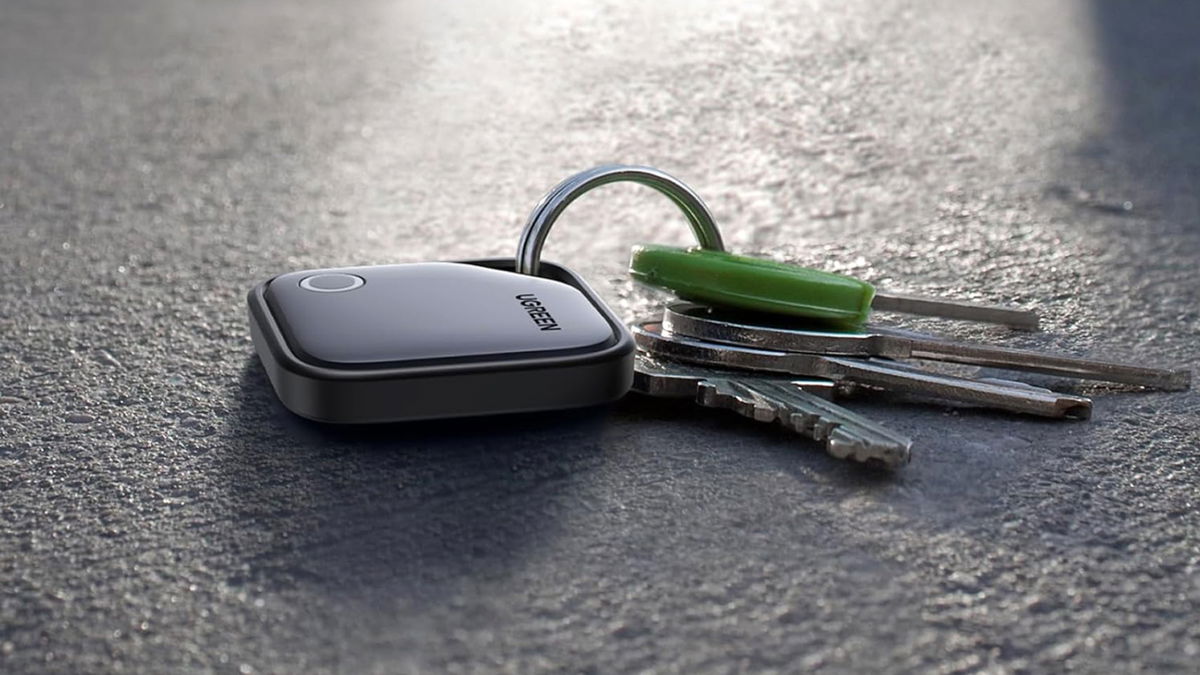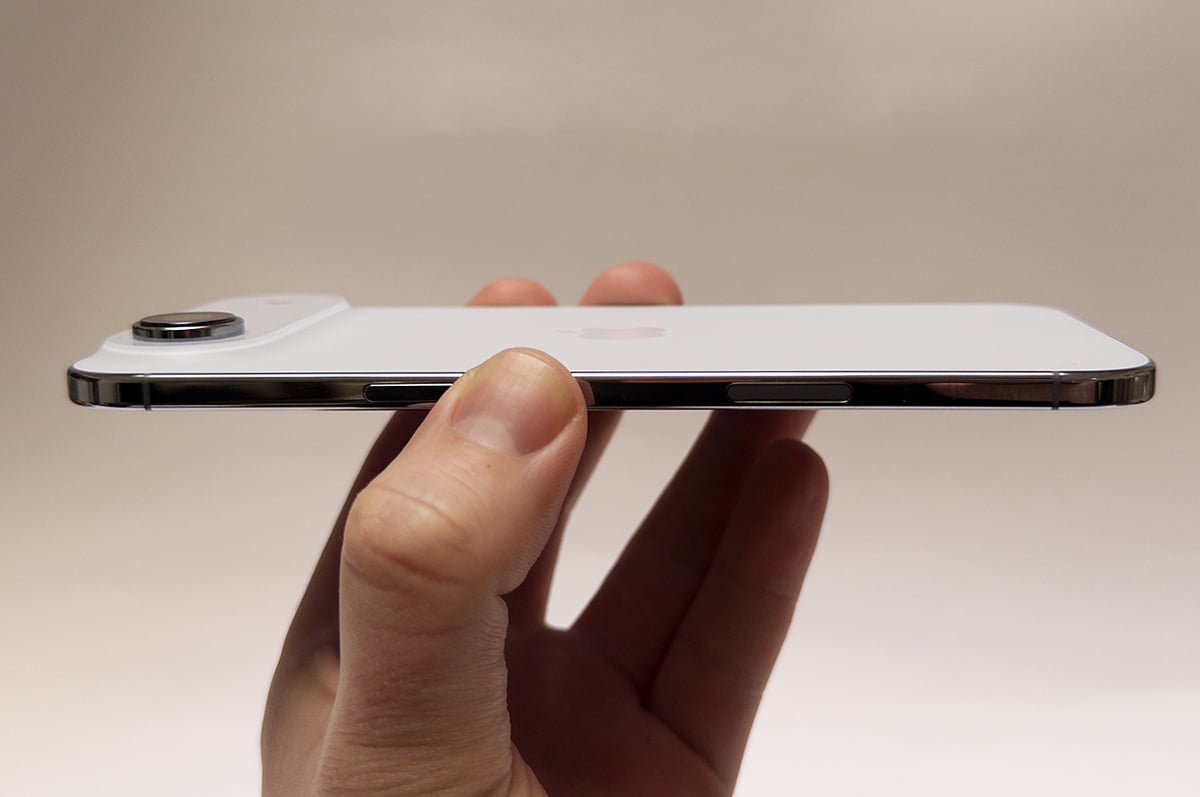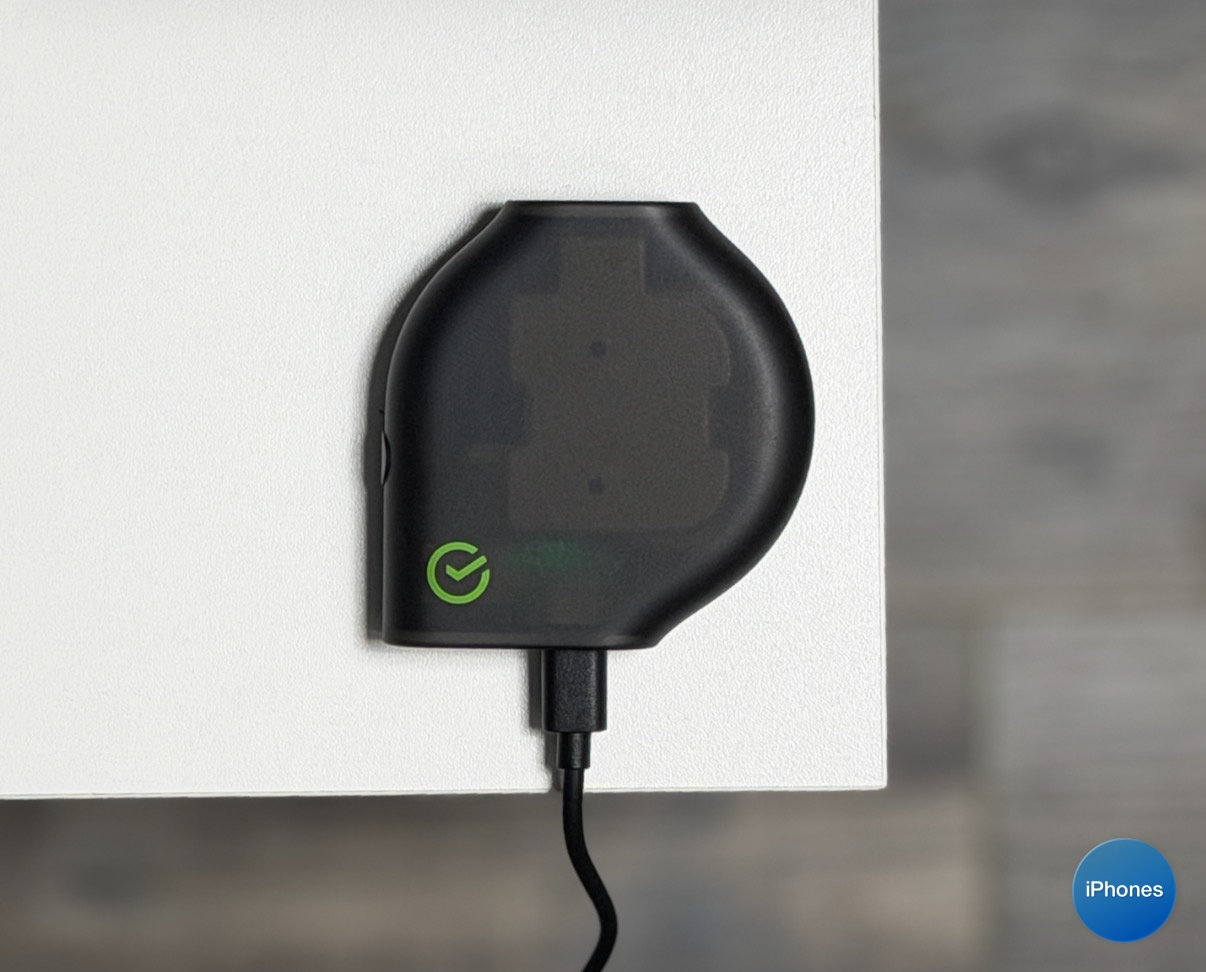In October, Google announced Google Passkey first tests🇧🇷 Now alternative to traditional passwords Available for Google Chrome browser stable version 108 for Windows 11, macOS and Android.
THEM big tech technology uses passkeys on supported websites and apps🇧🇷 According to the company, it produces resources non reusable codes in case of leaks and compatible with different operating systems and browsers.
Google Password on Android
On Android, Passkey “codes” can be synced with Google Password Manager or supported credential apps. After the first login with the technology, access will appear in the autocomplete list.
When logging into Chrome on Android, the browser will ask the user if they want to “use the saved password or access key”. If you choose the second option, screen lock authentication (face or fingerprint) will be required.
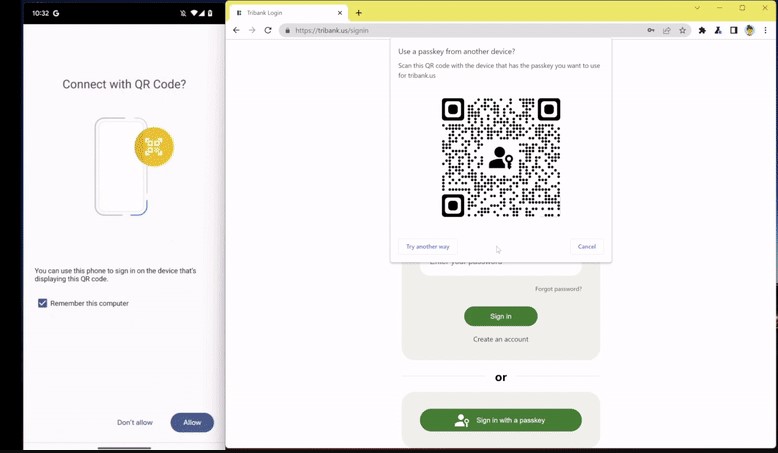
Google Passkey on desktop
To use the password on the computer, the user can use an Android or iOS device to set up the first login. According to Google, the access key is not shared by the device when logged in and requires a QR code to be read.
“Only a securely generated code is exchanged with the website, so there is nothing that can be leaked unlike a password,” explains the Google blog. Access via Password after configuration is saved in the browser’s password manager.
Windows 11 and macOS users can manage access via the browser itself. Next, the person must access “Settings” and enter the “AutoFill” field to check the saved information.
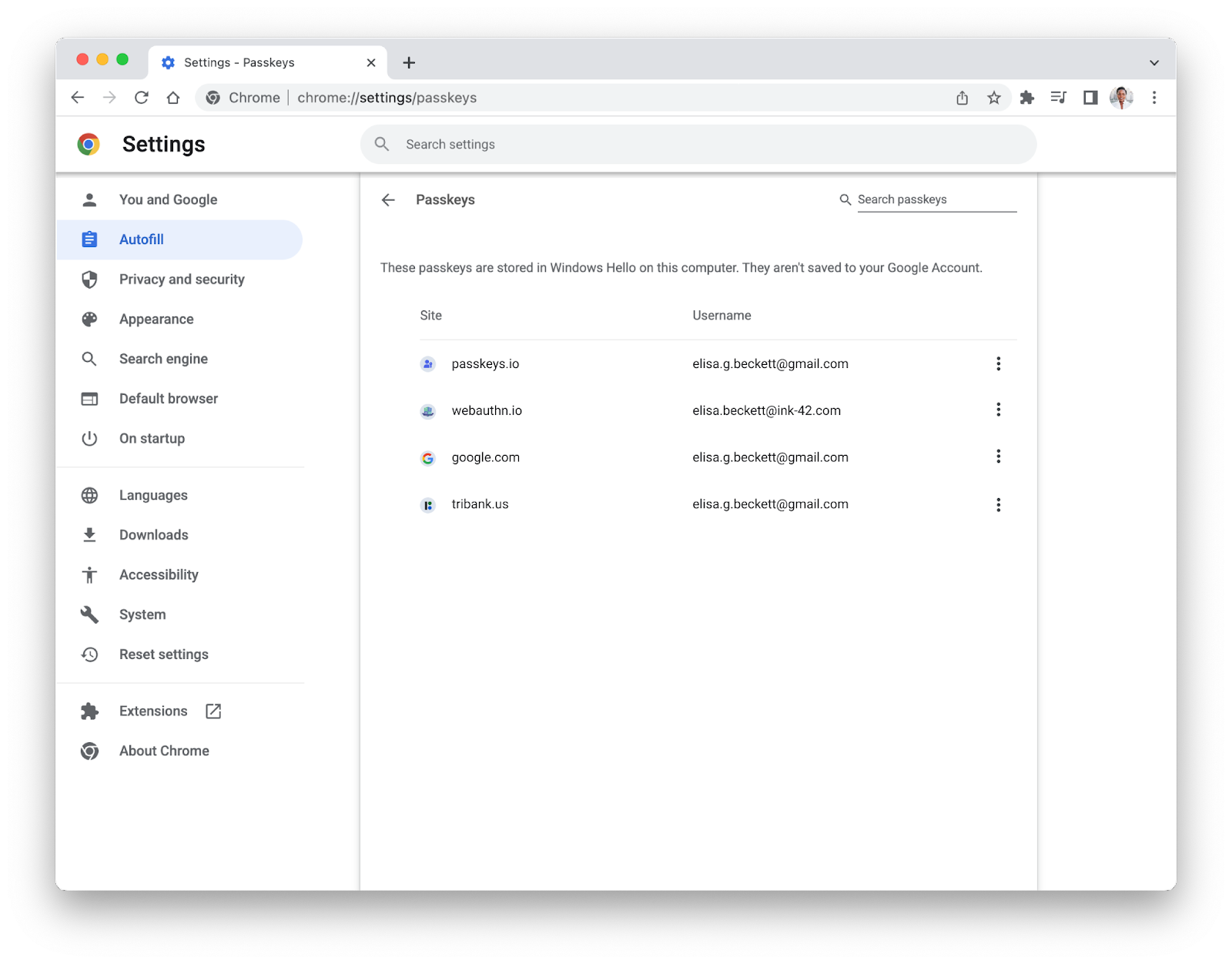
iOS and Chrome OS support
It turned out that the Chrome team is working on Passkey support for iOS and Chrome OS. But big tech cautions that it may take time for the technology to be widely adopted across all sites and thus reach other systems.
“Passwords will continue to be a part of our lives as we make this transition, so we’re committed to making traditional sign-ins through Google Password Manager more secure and easier,” the developers said.
Source: Tec Mundo



